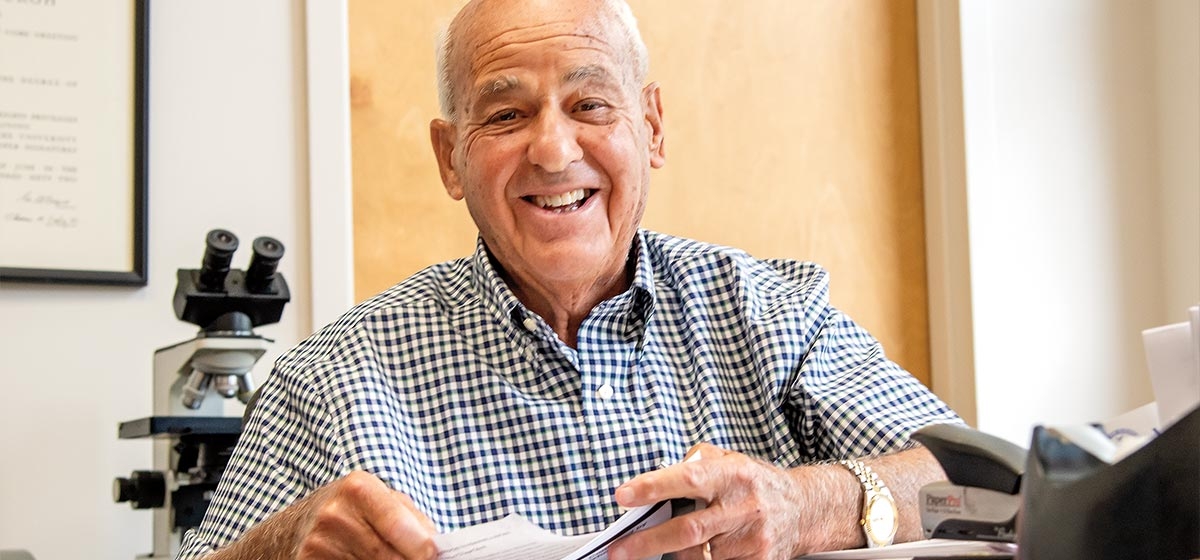A Master's Program in Forensic Science and Law
The Master of Science in Forensic Science and Law is a graduate level program that integrates forensic science techniques and principles with the legal system. You will explore the collection, analysis, and interpretation of physical evidence while navigating its legal and ethical dimensions. Through this program, you will gain a comprehensive understanding of the criminal justice system and the critical role forensic science plays within it. As a graduate, you will be prepared for impactful careers in forensic science, law enforcement, crime laboratories, and beyond. Many graduates of this program will further expand their horizons by pursuing advanced degrees in forensic science, law, or related fields.
Hear From An Alumna
Faculty and Staff
A Vibrant, Lively Location
Located in Pittsburgh, PA, Duquesne University is nestled among a multitude of Fortune 500 companies, non-profits, and start-ups, creating an engaging environment with ample opportunities to connect with industry leaders.
Featured content

Cyril H. Wecht Institute of Forensic Science and Law
The Cyril H. Wecht Institute of Forensic Science and Law is a premier educational and research institution that offers a variety of programs for students and professionals in the forensic science and legal communities. Named after Dr. Cyril Wecht, a renowned forensic pathologist, lawyer, and educator, the institute offers programs in forensic science, as well as a variety of professional development courses and workshops for forensic scientists, attorneys, and other legal professionals.

Research Opportunities
Engaging in research isn’t just encouraged—it’s a requirement for majors, and the department provides financial support for your projects. Faculty members specialize in a range of research areas, including DNA analysis, sexual assault and violence cases, and investigations involving fire and explosives.
Accreditation
Accredited by the Forensic Science Education Programs Accreditation Commission.
- The Forensic Science and Law Master Degree Program is fully accredited by the Forensic Science Education Programs Accreditation Commission. Our program is one of an elite group of forensic science programs to be accredited at the master's level. First obtained in 2009, our accreditation has been renewed twice.
- FEPAC is sponsored by the American Academy of Forensic Sciences (AAFS), which awards the designation after a strict evaluation every five years. FEPAC-accredited programs have been rigorously reviewed and found to meet the standards for high quality forensic science education.
- By choosing our accredited program, you will have the added assurance that your education will assist you in establishing a career in forensic sciences.
Expand Your Horizons
Our Misson
As a student in our five-year program you will receive the best forensic science education possible. Our mission is to provide you with a high quality education in the natural and forensic sciences, and to advance scientific knowledge and improve society through research and education, thereby contributing to the mission of Duquesne University.







